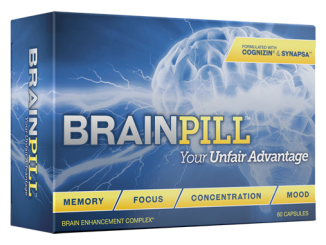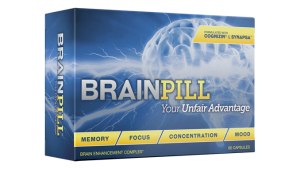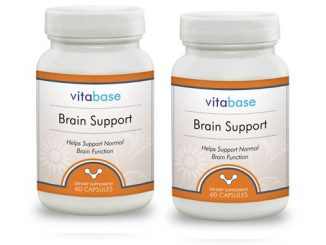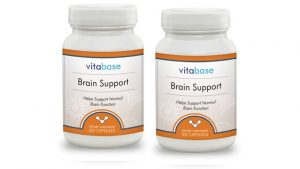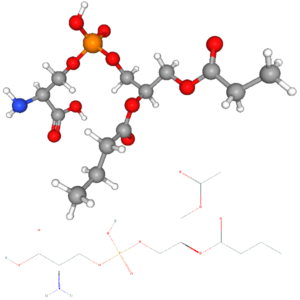The properties of Phosphatidylserine
Phosphatidylserine (C13H24NO10P) – Speaking of ‘other’ omega-3 fatty acids, phosphatidylserine (PS) is one of them. It works with DHA to perform many essential brain functions and is linked to improved concentration, mood and short-term memory. PS appears to help function of neurotransmitters, enhance glucose absorption and simply ‘turn back the clock’ on the aging brain.
Phosphatidylserine is indicated in the treatment of cognitive impairment, including Alzheimer's disease, age-associated memory impairment and some non-Alzheimer's dementias.
Phosphatidylserine is an important chemical with widespread functions in the body. It's key in the maintenance of cellular functions, especially within the brain. There's a decent amount of literature showing its positive effects in elderly individuals both with and without cognition and memory impairments.
Phosphatidylserine has also been shown to improve cognitive function before a bout of exercise. By supplementing with phosphatidylserine, individuals may potentially be able to obtain better results from exercise (by staying focused and alert) and at the same time improve mood and mental function.
And for all of you struggling through calculus, supplementing with phosphatidylserine has been shown to increase cognitive function during math problems (faster times completing calculations and increased number of correct answers).
As mentioned above, phosphatidylserine can also blunt the cortisol response following aerobic activity. So, not only will you be able to answer the question, “What is the square root of 2 to the negative 9 plus 3 power?” without the use of a calculator, you'll be able to maintain your muscle mass! More about Phosphatidylserine on Stress Management Basics: Phosphatidylserine.
Phosphatidylserine:
- Supports cognitive function for the elderly with age-related cognitive decline (Cognitive decline in the elderly: a double-blind, placebo-controlled multicenter study on efficacy of phosphatidylserine administration).
- Supports healthy memory during age-related cognitive decline (Effects of Phosphatidylserine in Age-Associated Memory Impairment).
- Mood Support (Effects of phosphatidylserine therapy in geriatric patients with depressive disorders).
- May improve athletic performance (Effects of phosphatidylserine on exercise capacity during cycling in active males).



























































